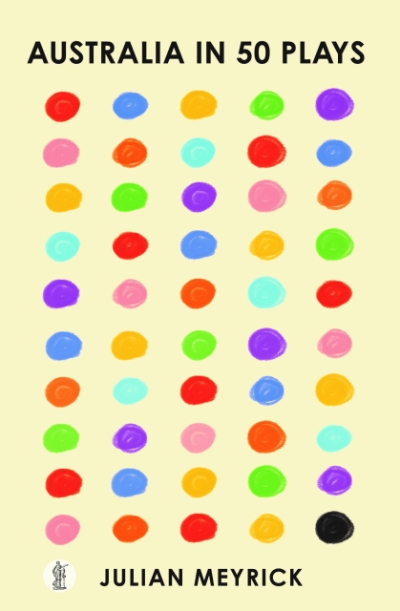Julian Meyrick
What Matters?: Talking value in Australian Culture by Julian Meyrick, Robert Phiddian, and Tully Barnett
To estimate the amount of waffle in a cultural policy document, try this patented test: (i) identify a given sentence or section; (ii) highlight the key terms; (iii) swap the key terms around. If it still makes as much sense, it’s waffle. Another way of saying this is that there are always two people responsible for cultural policy. The first is reasonable, knowledgeable, historically aware. The second is a nutbag, droning on about specious targets and unprovable effects. The first writes things like ‘government’s role in supporting culture is most visible in the major cultural organisations it funds’ (Creative Australia, p. 32) and ‘there is a need to nurture the most gifted and talented while providing for those who want to take pleasure from arts and culture’ (CA, 69). The second writes baloney like ‘the benefits of our cultural and creative assets must be maximised. Innovation across all industry sectors is essential to driving productivity growth, maintaining high standards of living and growing competitiveness in the global economy’ (CA, 92). Why can’t we just have the first person? Why does someone who sounds as if he has swallowed a Treasury manual with the words in the wrong order thwart the sense of all government intervention in the cultural sector?
... (read more)


